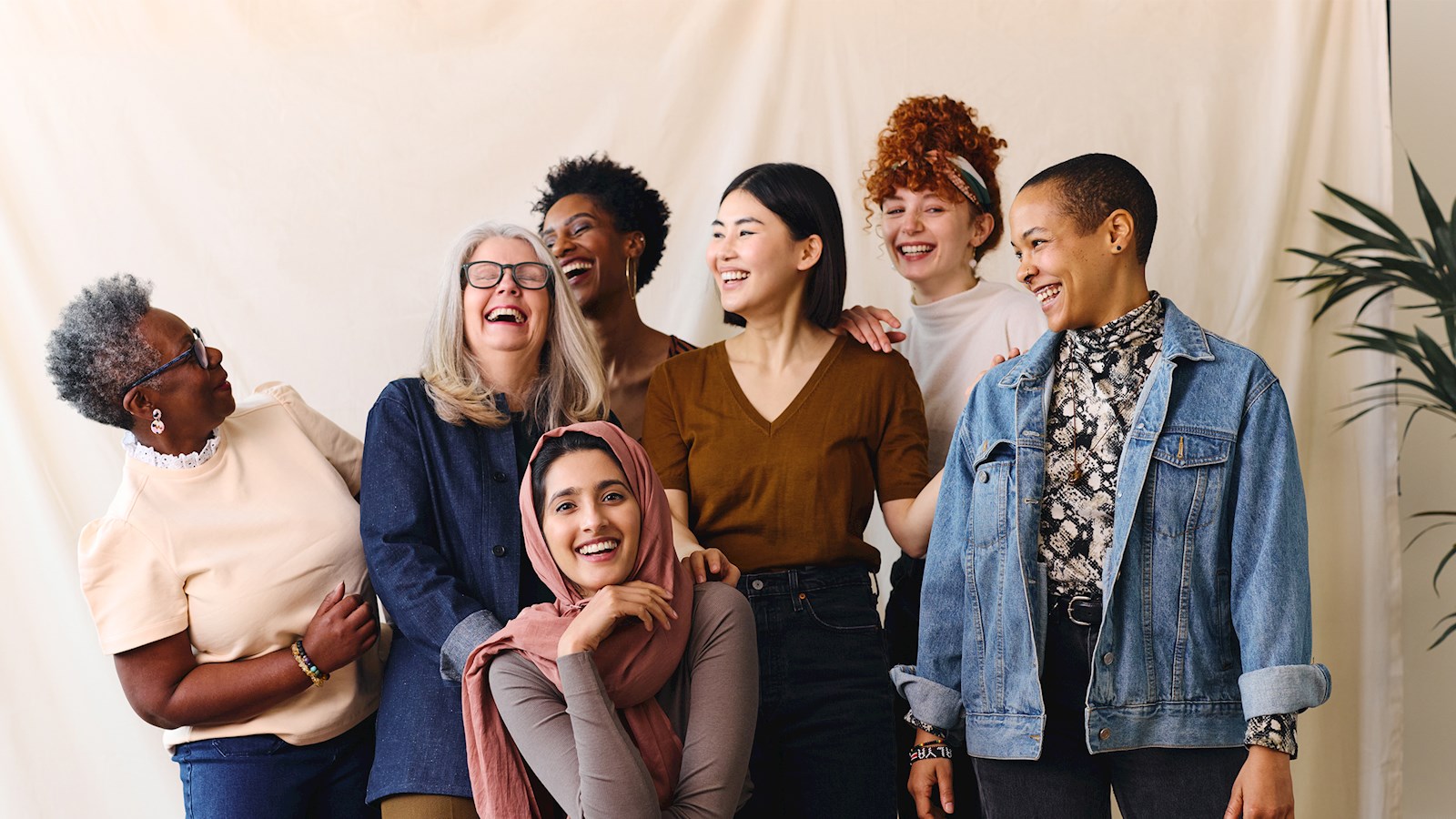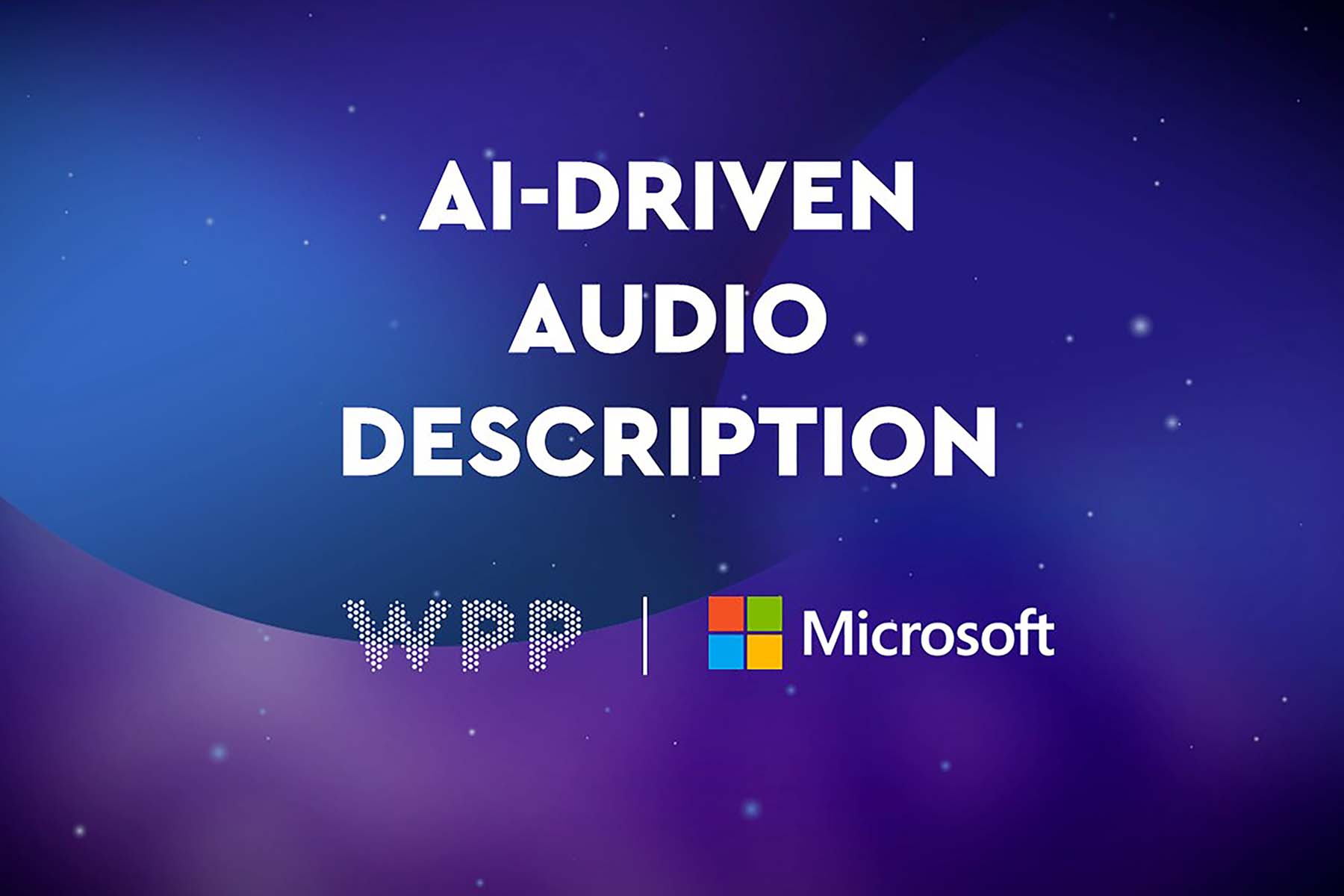
Women’s health: opportunities to effect change
Research conducted by WPP’s CMI Media Group – targeted at both healthcare professionals and consumers – consistently surfaces areas where brands can help improve women’s health. The team at CMI Media Group explains
“We fuel ourselves with data that's relevant to pharma and healthcare,” says Liz McShea of CMI Media Group. “This includes custom research as well as social intelligence; and we tailor our tools to pharma and healthcare to ensure that the data we're pulling is clean, high quality and relevant to healthcare. All that data helps us determine which health issues we should bring to the fore for our clients.”
She continues: “We look at cardiovascular disease, chronic pain, gynaecological health, mental health and so on. This enables us to uncover where women are not getting access to the information that they need to improve these common conditions.”
But the research has also shown just how little female-specific research is being conducted into these conditions; and social listening is revealing the high numbers of women who believe they remain unrepresented in advertising.
Importantly, points out the team at CMI Media Group, the research came first, and the story naturally followed. And the story is loud and clear: women, in all their diversities, with all their various health needs, largely cannot find the information they need to manage their health, and they largely cannot identify themselves in advertising.
Why did the team set out to uncover these findings? “We wanted to focus on where we could continue to empower change as an advertising industry for women of every background and/or condition to see themselves in the work we do every day, fuelled by research,” responds Julie Hurvitz Aliaga.
Social listening revealed a very telling story
What Katelyn Alderfer heard while conducting social intelligence analysis was that women are trying to educate other women. “Women are going online to find information for themselves,” she says. “For example, one in four women will experience pregnancy loss or miscarriage. Unfortunately, that's probably not something you know about until you experience it.”
Menopause is another case in point. That is a topic that constantly bubbles up on social media but useful information is scarce, especially in the US. This has caused the CMI Media Group team to dig even deeper – with social intelligence directing the research effort.
When the team researched chronic pain, they found that – according to the research – an extraordinary 80% of chronic pain is experienced by women. To a significant extent, that chronic pain will impact mental health too so, while mental health was another area flagged by the research as under-represented in media and advertising, those mental health issues are compounded by the impact of chronic pain. This, in turn, adds to mental load – a burden carried disproportionately by women, given that they are often relied upon to absorb family and domestic duties.
In fact, CMI Media Group discovered a massive shift upwards in the desire for mental health and wellness education in the research for 2023 compared with 2022. “We saw 49% of women interested in messaging in this area in 2022, compared with 68% in 2023,” says McShea.
Alderfer adds: “Women are sharing this information online because of the lack of information elsewhere. They want to know more, and that's where connecting our data with the advertising industry comes into play. There’s a role for advertising in empowering women to take their health into their own hands.”
Intersectionality is very much an issue
Sumita Ell participates in CMI Media Group’s Inclusive Media Centre of Excellence, which identifies how brands can authentically engage with diverse and inclusive audiences and where to best reach them. She says: “One of the statistics that stood out for me is that Black women typically have higher rates of high-functioning depression because they often just don't have the opportunity – or the privilege – to take a break, reflect and ask for help.”
And it is not only Black women that struggle in this way, women from other minority ethnic communities, typically, have less access to healthcare too.
“Even though women in marginalised communities are affected at a higher rate, they still don't have the access points or the ability to seek the level of support that's needed. They need to be not only better represented, but there also needs to be equitable access to healthcare that our brands could support,” she says.
The power of communications
Amanda Preto points to the power of communications. “This is just one area that this team of data scientists has been focusing on, and we've been bringing the story to life. We’ve been doing something meaningful in terms of making a difference through communications, marketing and advertising,” she says.
So how is this research being used by clients to make a difference in culture? McShea responds: “The first step is in dedicating time and resources to understanding women’s health needs. After all, women have unique experiences, and blanket responses to all these health nuances will not work. Then we can inform our brands and they can make decisions that will have an impact, based on the data.”
She continues: “But there is also an opportunity to do more research to make sure we're really hitting the mark. We can then take those findings and insights, and we can pull them through into the messaging, and into the channel strategy.”
It is also worth keeping in mind that, if women are researching their health conditions online, and half of what they're seeing is advertising, that puts a big responsibility on brands to message well – based on research.
For further information, see also Prioritizing Women’s Health and Health on Her Terms.
published on
14 June 2023
Category
More in Experience

Let’s add audio for visually impaired audiences
How to make advertising more accessible for visually impaired audiences

The Future 100: wellbeing, humanity, emotion and tech
This annual trend spotter – by WPP’s VML – gives us the context for the new normal for marketing in 2024.

Activating sports events – the ultimate balancing act
WPP Sports Practice takes a look at the art of timing for sports event activation

